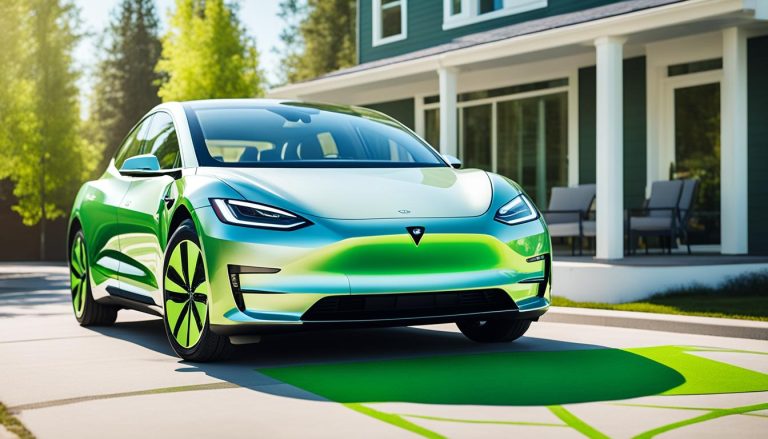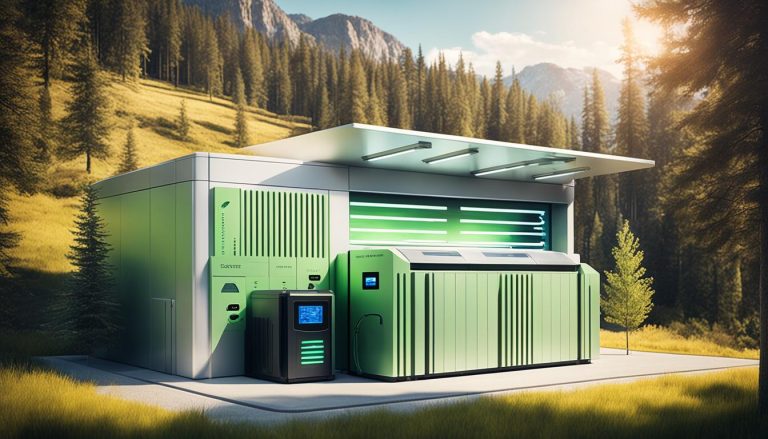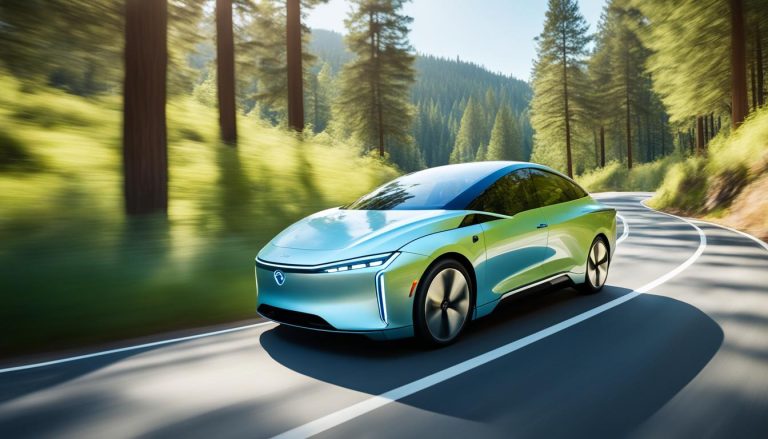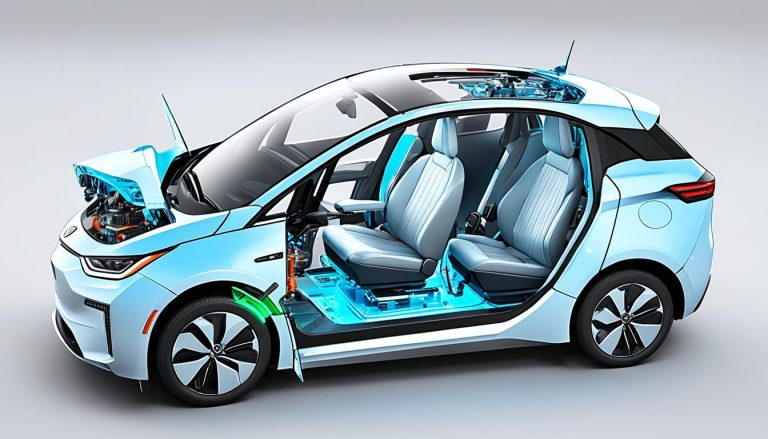What Are The Pros And Cons Of Electric Vehicles
Welcome to our comprehensive guide on electric vehicles! In this article, we will explore the various pros and cons of electric vehicles, shedding light on both the benefits and the challenges that come with owning and using them.
Electric vehicles, also known as EVs, have quickly gained popularity in recent years due to their numerous advantages. From eco-friendliness to cost savings, there are plenty of reasons why people are making the switch to electric vehicles.
However, it is essential to understand that electric vehicles also have their drawbacks. From charging challenges to limited driving range, these factors can impact the overall ownership experience.
In the following sections, we will delve deeper into both the pros and cons of electric vehicles, providing you with valuable insights to help you make an informed decision. So let’s get started!
The Pros of Electric Vehicles
Electric vehicles (EVs) offer numerous benefits that make them a compelling choice for environmentally-conscious individuals and cost-savvy consumers alike. In this section, we will explore the advantages of electric vehicles, including their eco-friendliness, cost savings, and low maintenance requirements.
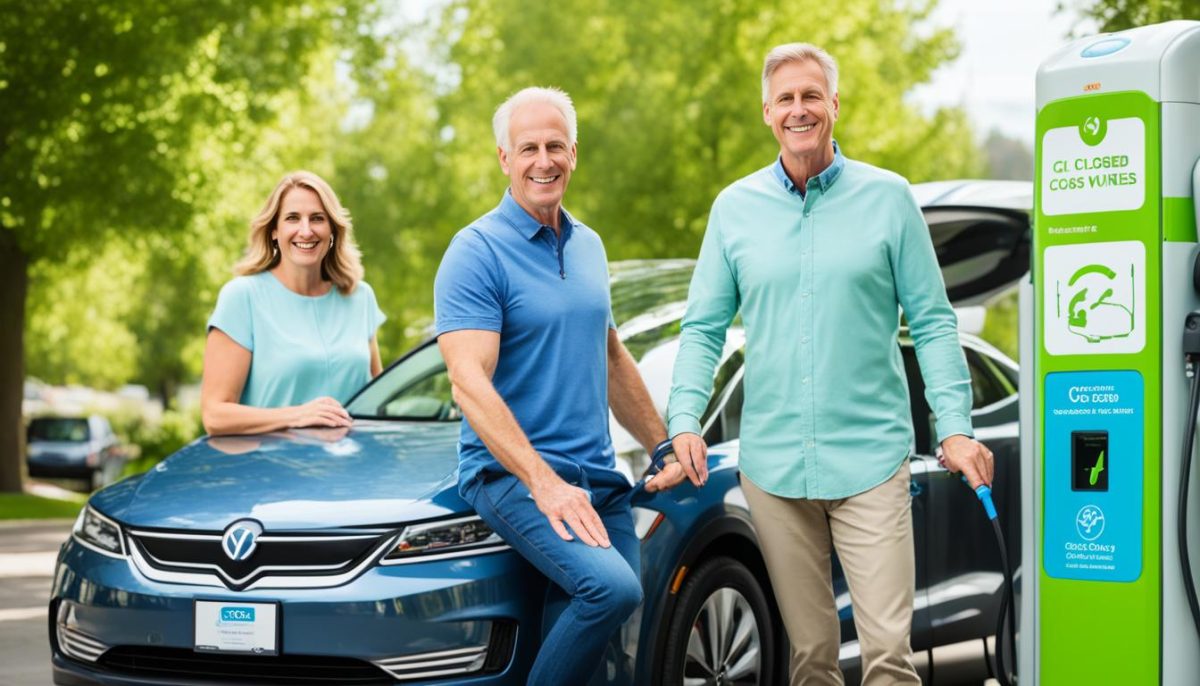
Eco-Friendliness
One of the key advantages of electric vehicles is their eco-friendliness. Unlike traditional gasoline-powered cars, EVs produce zero tailpipe emissions, significantly reducing greenhouse gas emissions and air pollution. By driving an electric vehicle, you can contribute to cleaner air and help combat climate change.
Cost Savings
Owning an electric vehicle can lead to substantial cost savings in the long run. Firstly, electric vehicles require less fuel compared to their gasoline counterparts, resulting in lower expenses at the pump. Additionally, the maintenance costs of EVs are generally lower since they have fewer moving parts and don’t require oil changes. With fewer mechanical components, electric vehicles also tend to experience fewer breakdowns, reducing the need for expensive repairs.
Low Maintenance
Electric vehicles are known for their low maintenance requirements. In contrast to conventional cars that need regular maintenance for oil changes, spark plug replacements, and other engine-related services, EVs have simpler drivetrains and fewer parts that require regular maintenance. This means less time and money spent on servicing your vehicle, allowing you to enjoy hassle-free ownership.
Overall, electric vehicles provide a range of benefits, including eco-friendliness, cost savings, and low maintenance requirements. The environmental advantages of EVs contribute to a cleaner and greener future, while the financial benefits make them an attractive option for budget-conscious individuals. With advancements in technology and increasing accessibility to charging infrastructure, electric vehicles are becoming an increasingly viable and sustainable mode of transportation.
The Cons of Electric Vehicles
While electric vehicles offer numerous benefits, there are some drawbacks that potential buyers need to consider. In this section, we will explore the charging challenges, limited range, and high upfront cost associated with electric vehicles.
Charging Challenges
One of the main challenges of owning an electric vehicle is the charging infrastructure. While electric vehicle charging stations are becoming more prevalent, they are still not as widespread as traditional gasoline stations. Electric vehicle owners may face difficulties finding charging stations, especially in rural or less developed areas. Additionally, the time required to charge an electric vehicle can be significantly longer compared to refueling a traditional car at a gas station.
Limited Range
Another drawback of electric vehicles is their limited driving range. Currently, most electric vehicles can travel around 200-300 miles on a single charge, which is significantly less compared to the range of traditional cars fueled by internal combustion engines. This limited range may cause inconvenience, especially for long-distance travel or when charging stations are not readily available.
High Upfront Cost
High upfront cost is often cited as a significant drawback of electric vehicles. Electric vehicles can have a higher price tag compared to their gasoline-powered counterparts. The cost difference is mainly attributed to the expensive battery technology required for electric vehicles. While there may be long-term cost savings in terms of fuel and maintenance, the initial investment can be a barrier for some buyers.
Despite these drawbacks, advancements in technology and infrastructure are continuously improving electric vehicles. Manufacturers and governments are working together to address these challenges, making electric vehicles a more viable option for eco-conscious consumers.
Overcoming the Challenges
As the popularity of electric vehicles continues to grow, significant efforts have been made to address the challenges associated with owning and using them. Improvements in charging infrastructure have played a crucial role in overcoming one of the major concerns for electric vehicle owners.
The expansion of charging networks has made it easier than ever to find charging stations across cities and highways, providing drivers with the confidence to embark on longer journeys. Moreover, advancements in charging technology have reduced charging times, making it more convenient for electric vehicle owners to top up their batteries quickly.
Battery technology has also come a long way, resulting in longer ranges and improved performance for electric vehicles. With continuous advancements in battery chemistry, electric cars can now travel further on a single charge, eliminating the fear of running out of power before reaching their destinations.
In addition to technological improvements, governments around the world have introduced various incentives and subsidies to encourage the widespread adoption of electric vehicles. These government initiatives range from tax credits and rebates to grants for installing charging infrastructure at homes and businesses.
With the combined efforts of improved charging infrastructure, advancements in battery technology, and government incentives, the challenges of owning and using electric vehicles are gradually being overcome. As a result, electric vehicles are becoming a more accessible and practical choice for individuals looking to embrace a greener and more sustainable future.


